Tech News
iPhone 16 vs. iPhone 15 Pro: Can You Get More Function for Less Money?
Key Takeaways
Will a new base model iPhone offer everything you love in your older iPhone Pro, for less money? The answer depends on how old your iPhone is, and where your priorities lie. Let’s look at how this pans out with the new iPhone 16 and the previous-generation iPhone 15 Pro.
Apple has landed on a uniform iPhone form factor that has persisted across its recent yearly iterations. Now that the iPhone 16 has been given the Action button previously exclusive to the iPhone 15 Pro, this design parity is truer than ever.
The main differences are the dimensions and cameras. The latter has only changed by mere fractions of inches, however. You may notice that the iPhone 15 is 0.6-ounces lighter, but the phone and screen size are virtually identical. But new buttons and camera cutouts mean that cases won’t transfer over.
The new Camera Control button on the iPhone 16 is one reason why you won’t be able to use an iPhone 15 Pro case with it. Apple is combining a sapphire crystal and conductive layer in its new cases to allow touch gestures to be read through protective shells.
The iPhone 16 comes in a brighter palette of colors (ultramarine, teal, pink, black, white) than the Pro line’s industrial vibes. Expect the iPhone 16’s back glass to feel much smoother than the textured finish of the Pro.
The iPhone 15 Pro Has a Superior Display
One of my favorite features of the iPhone 15 Pro is its always-on display (though can be a bit of a battery drain). The iPhone 16 still lacks this functionality. The iPhone 16 still sports Apple’s Super Retina XDR display, which is marketing lingo for an HDR OLED panel.
The iPhone 15 Pro display has double the refresh rate at 120Hz, something Apple refers to as ProMotion, which regulates refresh rates depending on what an app demands from the device. This results in a smoother interface, something that's hard to move away from once you've experienced it.
Going from an iPhone 15 Pro to an iPhone 16 will feel like a downgrade because of the choppier and less versatile screen.
Comparing Cameras Is a Mixed Bag
While the iPhone 15 Pro and iPhone 16 have a lot of similarities between their cameras, the iPhone 15 Pro camera remains superior due to its telephoto lens. This allows for increased optical zoom, meaning you’ll be able to get close-up photos of far-away subjects without sacrificing quality. The iPhone 16 has a shorter optical zoom (2x), and it caps out at 12MP.
Despite this, the typical consumer may prefer the photo-taking experience of the iPhone 16 thanks to the new Camera Control button. This offers immediate access to the camera app and the ability to make on-the-fly photo adjustments by sliding your finger along the button’s touch-sensitive exterior.
This button will also enable the use of Visual Intelligence when the offshoot of Apple’s AI suite is available later this year. Visual Intelligence will read your surroundings and feed you back information about places and things within it.
The iPhone 16’s vertical camera array allows it to capture spatial photos and videos. This is Apple-speak for stereoscopic 3D and while it's a super cool feature on paper, you’ll need an Apple Vision Pro (or a VR/XR headset that supports the format) in order to view them. Thus, it offers no functionality to most users, but perhaps Apple is setting up future plans that we’re not yet privy to where spatial capture will become widely relevant.
Casual photographers will find the iPhone 16 a more enjoyable experience given Camera Control and Visual Intelligence, but the iPhone 15 Pro’s additional lens makes it a better camera overall.
The iPhone 16 Has Better Wireless Charging
By just a hair, the iPhone 15 Pro has a better battery than the iPhone 16. We’re talking one to two hours more of video playback, though if your iPhone 15 Pro is a year or more old then battery degradation may have already negated this improvement.
The real difference here is the updated charging capabilities of the iPhone 16. Apple has introduced 25W wireless charging, up from the 15W Qi2 standard the company inspired. 25W wireless charging is touted by Apple to charge 50% of your phone’s battery in 30 minutes, but you'll need a 30W adapter.
A New A18 Processor for the iPhone 16
The iPhone 16 uses Apple’s new A18 chip, whereas the iPhone 15 Pro uses the company’s A17 Pro chip.
Looking at projected benchmarks, the two chips have very similar performance. The A18 takes small wins in CPU, memory, download speeds, 8K video playback potential, and small updates to current Wi-Fi and Bluetooth standards. The A17 Pro has a small GPU advantage. Power users will want to opt for the iPhone 16 Pro’s A18 Pro chip, which is the only clear-cut leap forward for Apple’s mobile chipset.
Both models support USB-C charging, but only the iPhone 15 Pro supports data transfer at USB 3.0 speeds.
Apple Intelligence and iOS 18 for Both
iOS 18 is going to offer virtually the same feature set for the iPhone 15 Pro and iPhone 16. This includes Apple Intelligence, Apple's suite of AI features set to launch alongside iOS 18.1 in October. Eventually, this will bring features like a smarter Siri, generative text and image features, intelligent summaries of email and notifications, and more. The iPhone 15 Pro is the only last-generation model to get this feature, which is a compelling reason to keep your handset for at least another year.
The Cost of Entry for an iPhone 16
The iPhone 16 costs $799 for 128GB, $899 for 256GB, and $1,099 for 512GB. For a direct comparison, you could get a 256GB iPhone 16 Pro for the same $1,099 price tag. You can read How-To Geek's comparison between those two phones if you’d consider giving up storage space for more power and features.
The iPhone 15 Pro has been taken off the market to make room for the iPhone 16 Pro, so you won’t be able to buy one from Apple.
Should You Upgrade?
The iPhone 16 offers a very similar experience to the iPhone 15 Pro, which leads to different conclusions depending on what you’re looking for.
If you’re looking to upgrade your iPhone 15 Pro and can’t be without the unique features of the Pro line like an always-on screen and larger size option, the iPhone 16 will feel like a step backward. You won't miss out on the upcoming AI features, and your iPhone 15 Pro will feel performant and capable for years to come.
With the iPhone 16, you’ll get the benefit of the Camera Control button for a better casual photography experience, and 25W wireless charging if you’re willing to buy a 30W charger to support it. You should probably hold on to your iPhone 15 Pro instead.
Additionally, you may want to consider an iPhone 16 Plus if you're looking for a bigger screen.
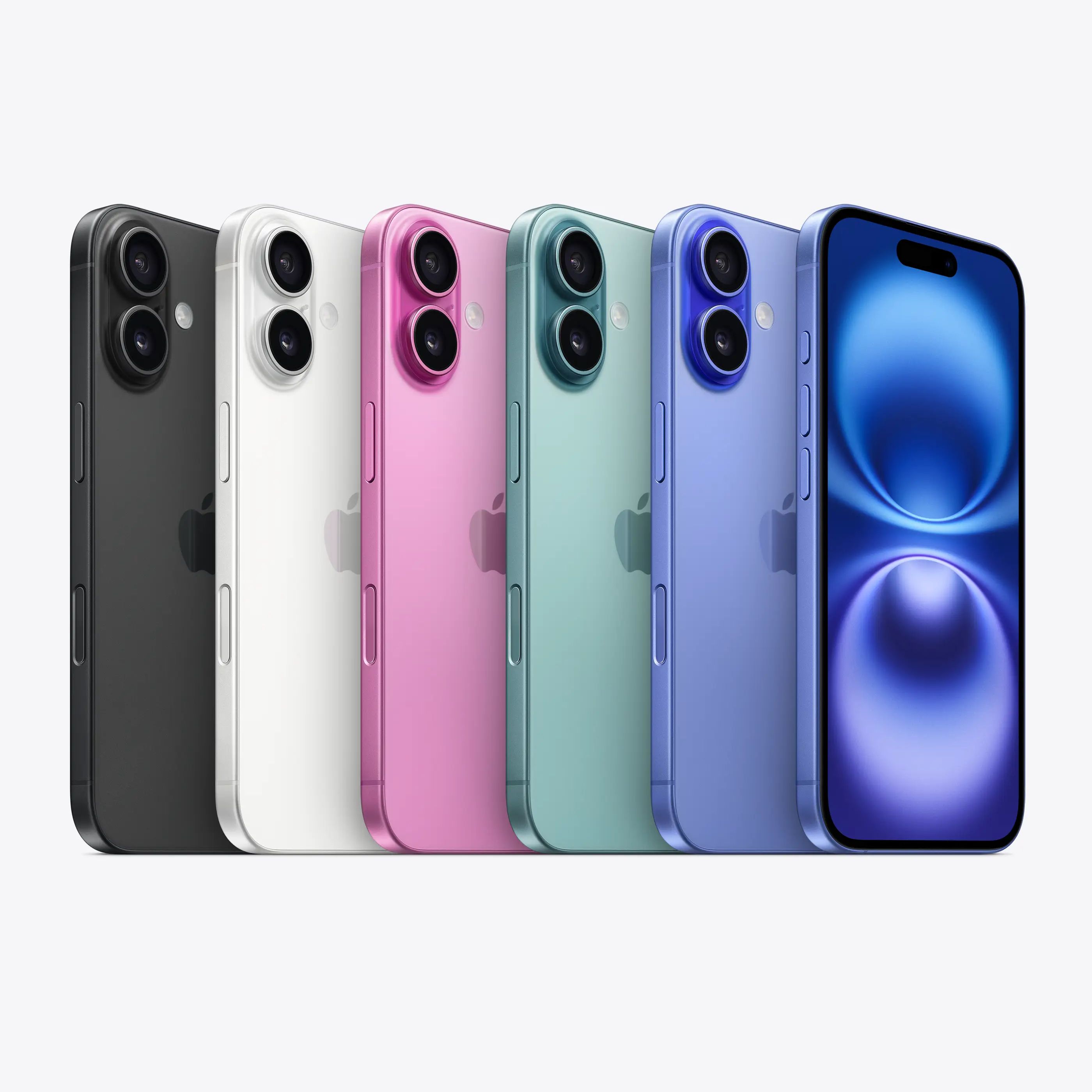
Apple iPhone 16
Apple's newest iPhone featuring a camera button, programmable action button, and artificial intelligence features.
When you subscribe to the blog, we will send you an e-mail when there are new updates on the site so you wouldn't miss them.


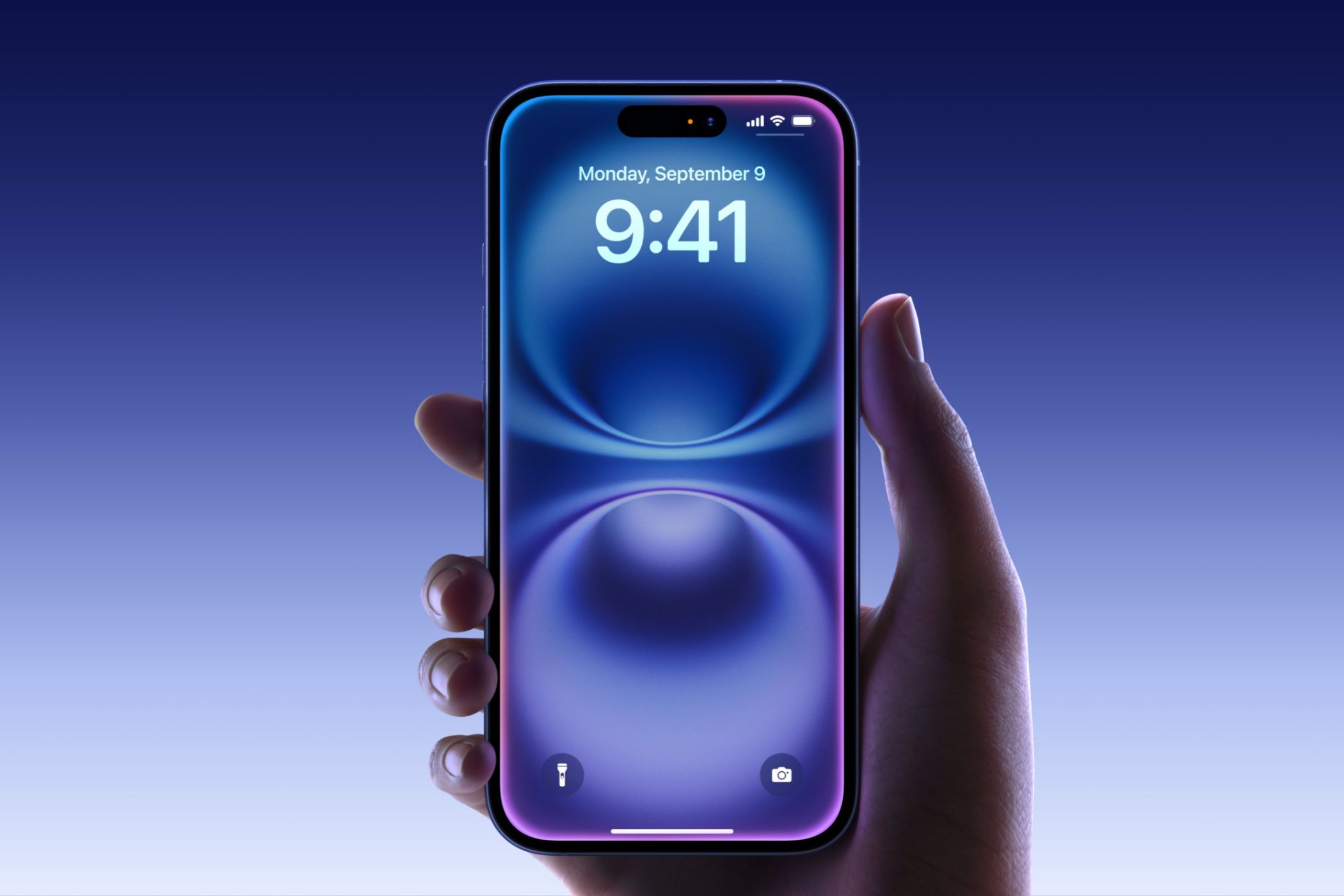 Apple
Apple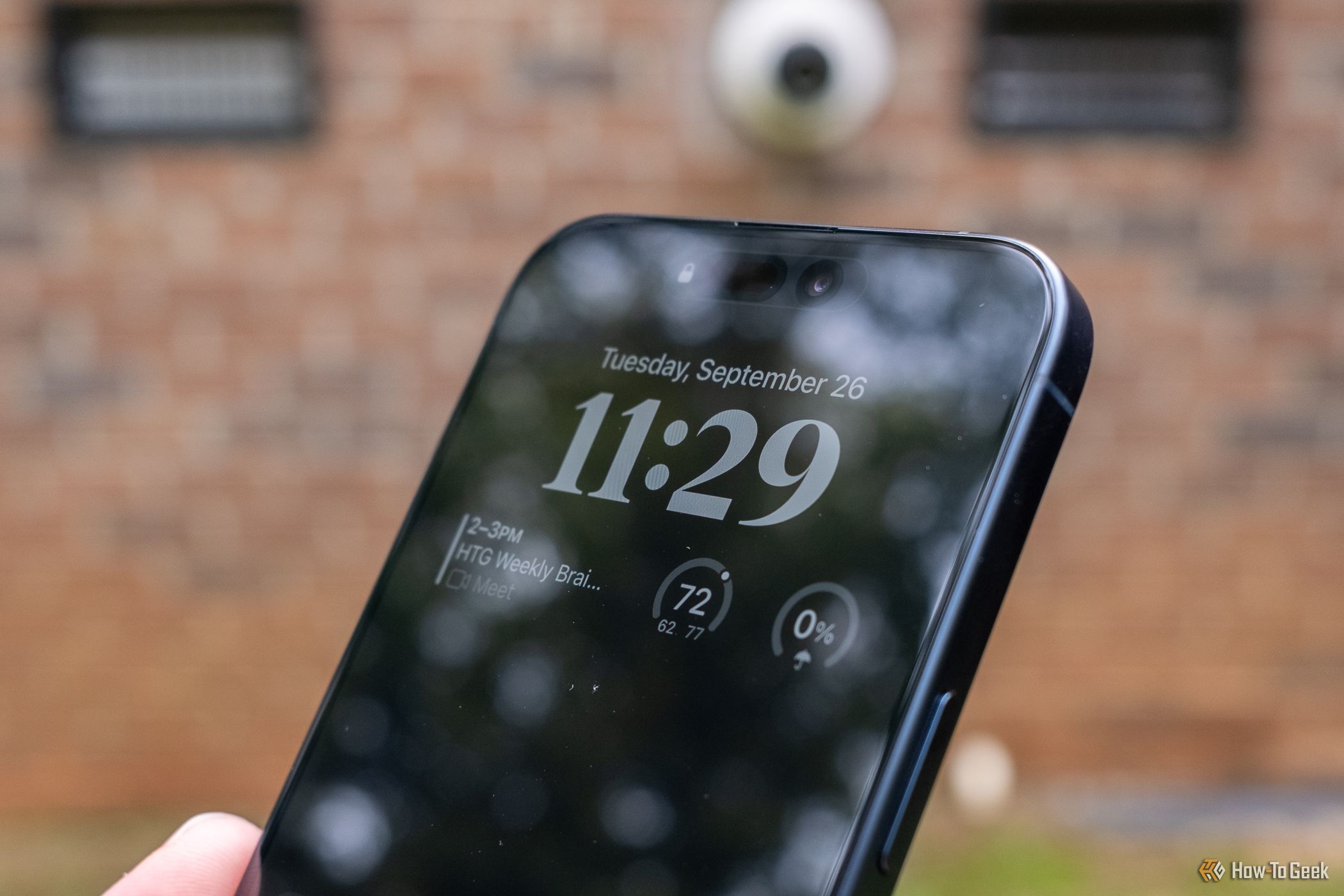 Justin
Duino
/
How-To
Geek
Justin
Duino
/
How-To
Geek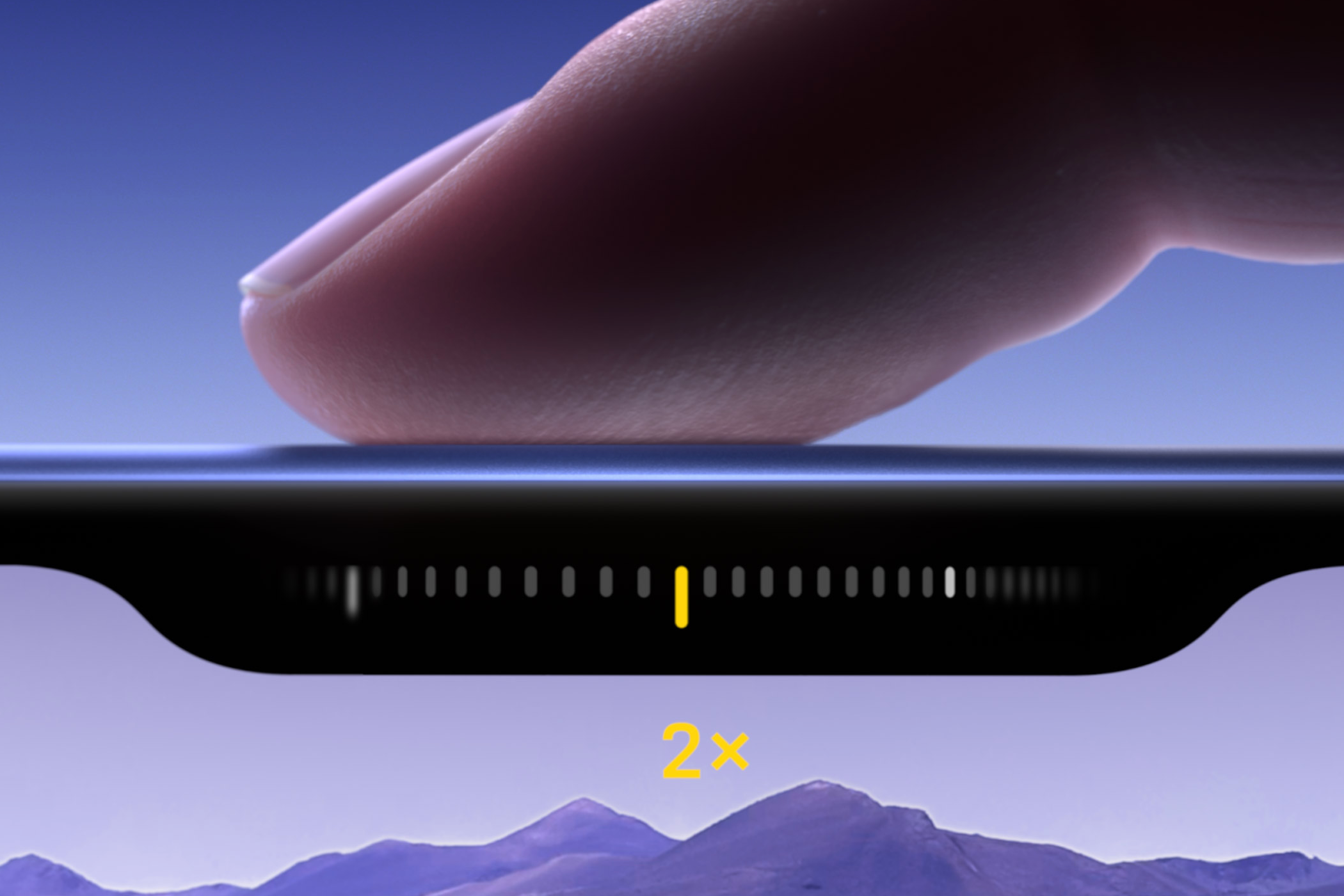 Apple
Apple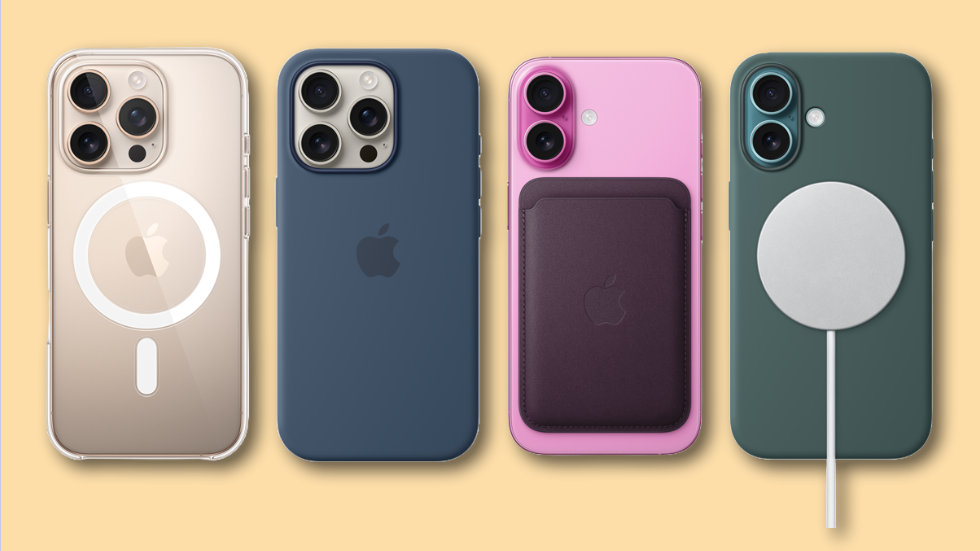 Apple
Apple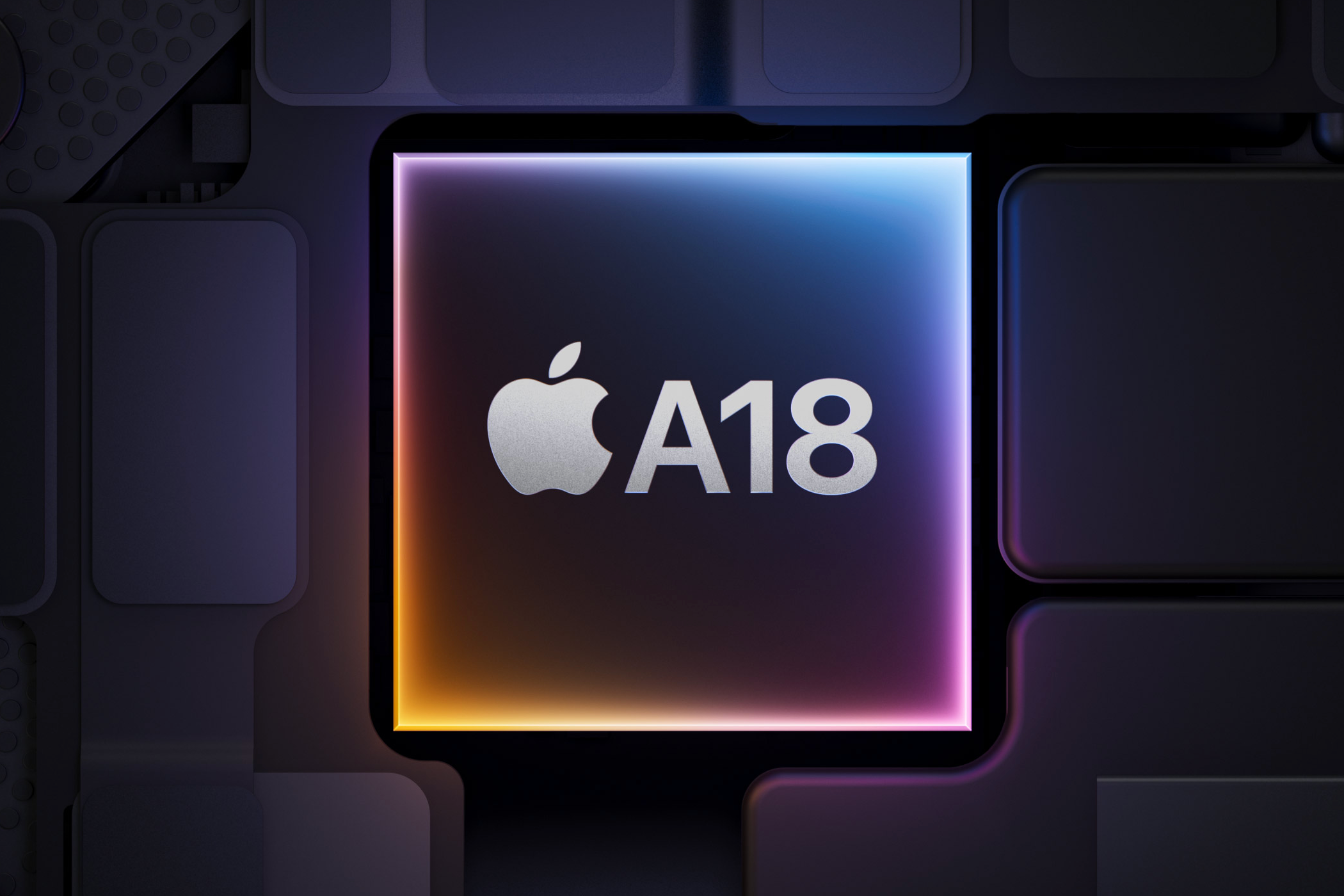 Apple
Apple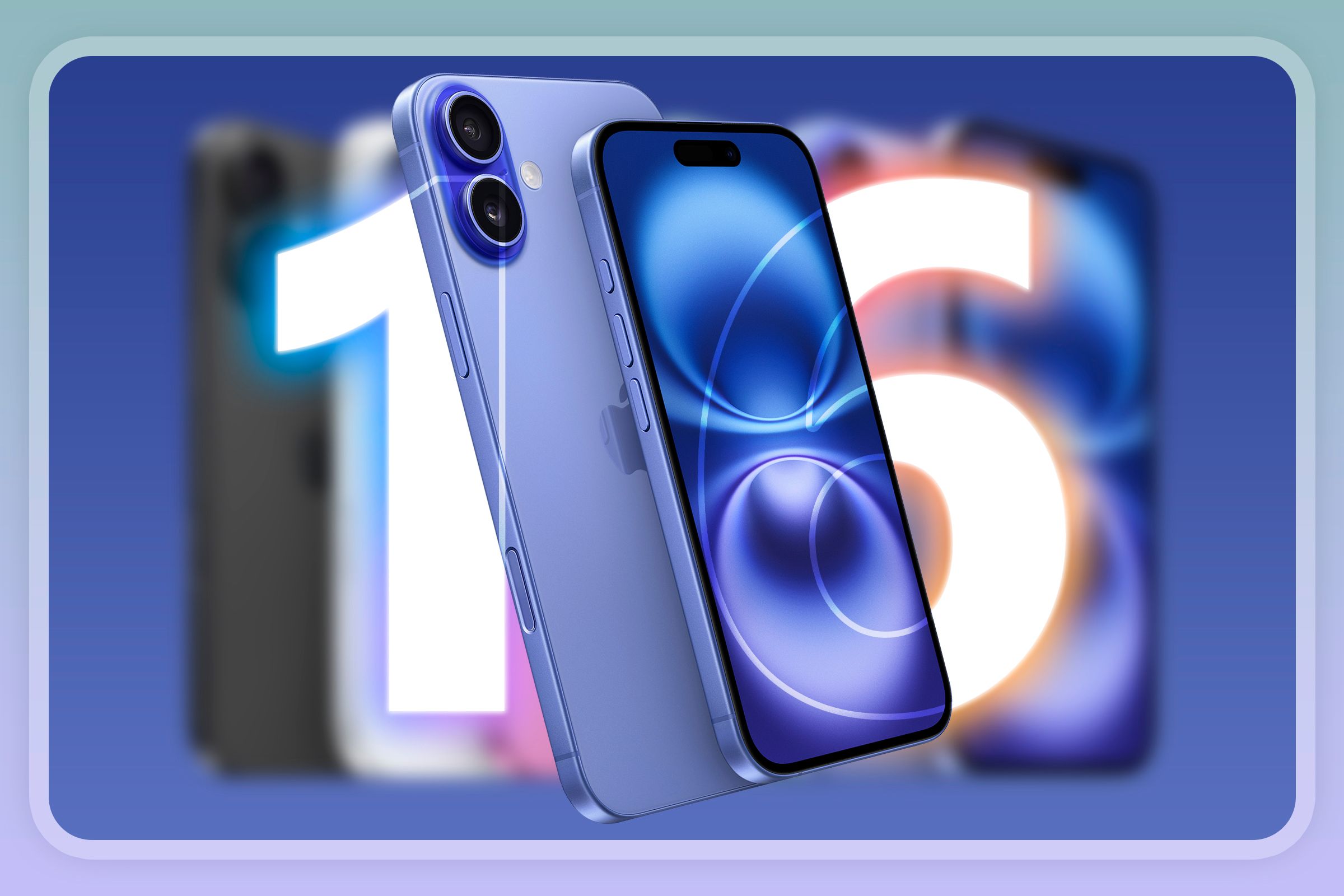 Lucas
Gouveia
/
How-To
Geek
|
Apple
Lucas
Gouveia
/
How-To
Geek
|
Apple
Comments